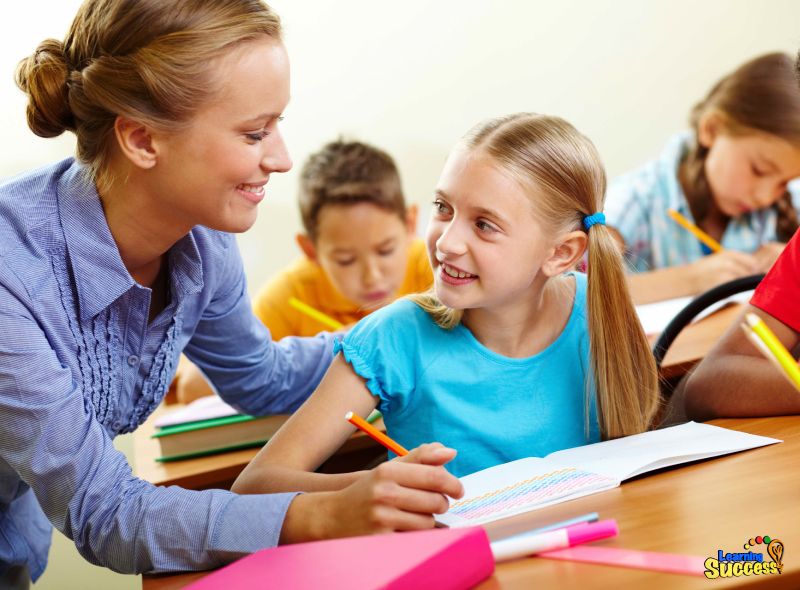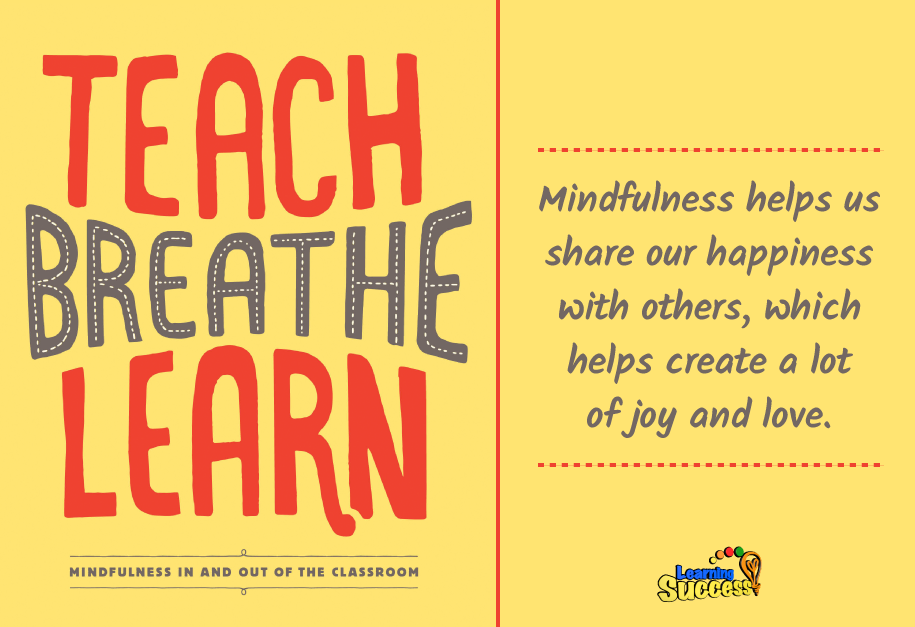
As any teacher knows, classrooms are noisy, hurried, and quite often stressful. It's important for everyone that teachers be calm and in control, but it's challenging to keep a positive attitude in such a tough job. But successful teachers also should possess an unexpected quality -- mindfulness.
Changing the mood
The art of mindfulness, and how it relates to teachers, is discussed in a new book by educator Meena Srinivasan. According to Srinivasan, practicing mindfulness can help teachers connect with themselves, so that they can in turn connect with their students.
In the book, Srinivasan shares how she realized that her negative mood was affecting her students. Throughout her experience, she developed mindfullness technoques that help shift her all-too-common experience of being a stretched-too-thin, overwhelmed teacher into being something completely different.
Instead, Srinivasan managed to teach and work in a way that is anchored in joy, emerging from compassion, and is more humane and slower than the way we work now.

Mindfulness is more than positive thinking
Essentially, mindfulness helps teachers approach all their interactions with more gratitude and understanding -- positive attitudes that definitely rub off on the students.
It's not just positive thinking, though. Srinivasan demonstrates techniques from her own experience of an educator, where practicing mindfulness helps the student become more focused and stronger and their performance improved significantly.
Srinivasan attributes this to her students learning that they have a choice at every thing they do. She had her own reflections on her life, focusing on her own self-happiness, self-regulation, and responsiveness, which stopped negative thoughts or feelings of frustration from influencing her attitudes towards the children.
Bringing it to your classroom
Srinivasan's book demonstrates mindfulness techniques both educators and parents could use to share happiness with students. She also offers a wealth of resources for how to integrate these into our lives and classrooms, including lesson plans and quotes from students.
If you were to develop your own practices regarding educating, you'd surely see a correlation between your positivity and the impact on the students.
As an educator, you must develop your own sense of attitude and impressions upon children. Eventually, you'll see growth and development from the children you teach!
Key Takeaways:
Mindfulness is a valuable quality in today’s busy world, especially for educators. Joy and love can be brought back into the learning environment, making for healthier people overall!
For other techniques that can help with difficulty in school, Learning Success System can help. Find out which micro-skills need strengthening to increase learning ability by taking our free assessement here!
Do You Need help with a Learning Difficulty?
Our simple online analysis will help you get to the core of the problem and find the right solution for you.
Understanding how to help someone with a learning difficulty starts with understanding which micro-skills are affected. When you learn which of the micro-skills is the problem, you will then be on your way to solving it.
You'll also learn how to:
- Build confidence
- Enhance Learning ability
- Eliminate avoidance
- Build grit
You can get this analysis for free by filling out this simple form. This will help you get to the bottom of a learning difficulty and provide you with a solution. If you are ready to put this problem behind you click the button below and fill out the form.










